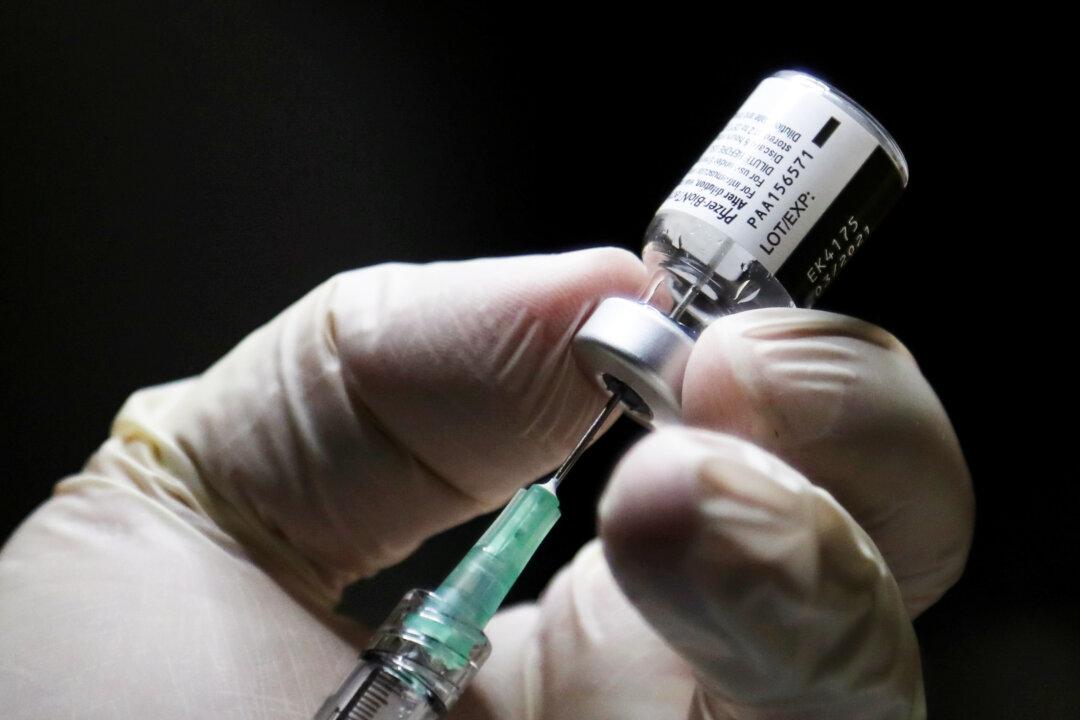One-third of doctors and over half of nurses were reluctant to take the COVID-19 vaccine because they feared potential side effects, according to in-house research by the Public Health Agency of Canada (PHAC).
“Fifty-nine percent of health-care workers reported some degree of hesitancy in their decision to get vaccinated,” said the report, which added that 31 percent of doctors and 54 percent of nurses surveyed admitted “some level of hesitancy.”





